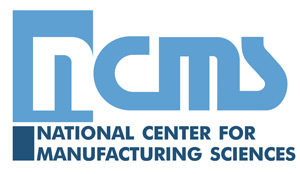IT Briefcase Exclusive Interview: The Evolution of 3D Printing Technology
From IT Briefcase 12/10/2018
While 3D Printing is drastically changing the future of manufacturing in America, its susceptibility to cyberattacks has made blockchain technology a necessary ingredient in securing data in the digital supply chain. Dr. Cosima Boswell-Koller, a Senior Project Manager at the National Center for Manufacturing Sciences (NCMS), discusses the importance of blockchain, as well as a new partnership between NCMS and the U.S. Army Research Laboratory – the Advanced Manufacturing, Materials, and Processes (AMMP) Program.
- Q. The growth of additive manufacturing, or 3D printing, has fundamentally changed how companies manufacture and distribute their products. How has 3D printing technology changed the traditional manufacturing model?
A. You’re right. Additive manufacturing, which is more commonly known as 3D printing, is fundamentally changing how companies design, manufacture, distribute, and even maintain products. In a traditional, centralized manufacturing process, one organization is responsible for creating the design files, manufacturing the parts of products, and distribution. Additive manufacturing enables those responsibilities to be delegated digitally to multiple parties via a decentralized digital supply chain process. This means manufacturing can be done on-demand, when and where a specific product is needed, enabling faster production, accelerating time-to-market, reducing physical storage requirements, and transforming sustainment.
